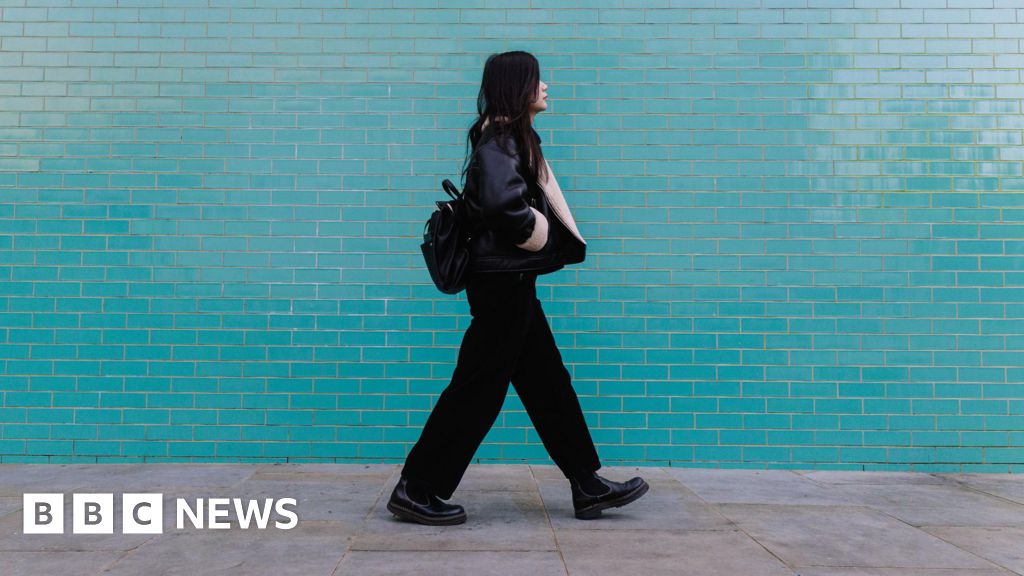Stay informed with free updates
Simply sign up to the US foreign policy myFT Digest — delivered directly to your inbox.
President Joe Biden plans to send a high-level delegation of former top officials to Taipei after the election in Taiwan on Saturday, in a move that could complicate efforts by the US and China to stabilise their strained relationship.
The White House has tapped James Steinberg, a former Democratic deputy secretary of state, and Stephen Hadley, a former Republican national security adviser, to lead the bipartisan delegation, according to five people familiar with the plans.
Earlier in his administration, Biden dispatched two high-level delegations of former officials to Taipei to reassure Taiwan about US support in the face of pressure from Beijing. But sending such a delegation immediately after a presidential election is unusual — and will probably anger Beijing.
Taiwan’s election pits Lai Ching-te, the ruling Democratic Progressive party candidate, against Hou Yu-ih, the candidate from the main opposition Kuomintang party, and Ko Wen-je from the Taiwan People’s party. China is incredibly wary of Lai, who is associated with the wing of the DPP that advocates formalising Taiwan’s de facto independence.
The mission also comes as the US and China try to stabilise ties that have been mired in their worst state since the countries normalised diplomatic relations in 1979. Biden held a summit with Chinese President Xi Jinping in San Francisco in November at which they talked about the need to ease turbulence in the relationship.
One former US official said Biden’s decision to send the delegation to Taipei so soon after the election was a risky move that could backfire.
“The paramount US goal at this sensitive time should be to encourage restraint by both Beijing and Taipei,” he said. “Sending such a high-level delegation looks like a bear hug to Taipei, giving Beijing cover to overreact. We need more subtle actions to be effective.”
Another person familiar with the trip said it was a bad idea given the risk that both Taipei and Beijing could use it to push their own agendas in different ways that would complicate policy for Washington.
The person said China would be “suspicious” of any private assurances it got from the US about the mission, particularly if Lai, who Beijing completely distrusts, wins. He said Taiwanese politicians would also “spin the visit for their own purposes, and this could inflame the cross-Strait tension”.
But others said it was a good idea that would help Taiwan. “Sending messages of our support for Taiwan’s democracy and for the new president is important and doing that on a bipartisan basis is beneficial,” said Bonnie Glaser, a China and Taiwan expert at the German Marshall Fund.
Two years ago, Biden sent Michael Mullen, former chairman of the US joint chiefs of staff, and Michèle Flournoy, a former top Pentagon official, to Taiwan. That delegation was intended to reassure Taipei amid concern that Beijing might try to take advantage of Washington’s focus on Russia’s full-scale invasion of Ukraine to raise pressure on Taiwan.
Early in his administration, as China was ramping up flights of warplanes around Taiwan, Biden sent another bipartisan delegation that included Steinberg and former Republican secretary of state Richard Armitage.
The White House declined to comment on the planned delegation.
Credit: Source link










